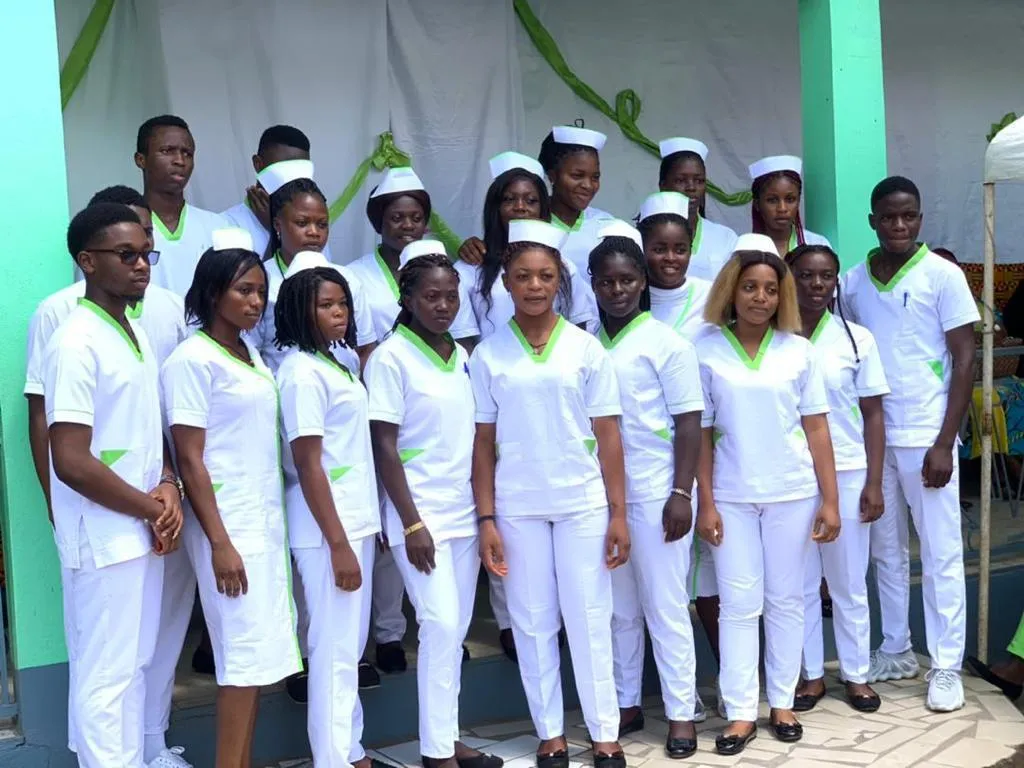The Medical Laboratory Technician (MLT) program at CHITECHMA University is designed to equip students with the knowledge and practical skills required to support the diagnosis and treatment of diseases. Medical Laboratory Technicians play a crucial role in the healthcare system, conducting tests that help doctors diagnose and treat patients effectively. This program combines theoretical learning with hands-on laboratory training, preparing students to enter the workforce as qualified and competent medical lab professionals. The demand for skilled laboratory technicians is rising globally, making this program an excellent choice for those looking to make a meaningful impact in healthcare.
Course Structure
The Medical Laboratory Technician program offers a comprehensive curriculum that covers both foundational science and specialized medical lab skills. Key courses include:
- Clinical Chemistry: Learn how to perform biochemical tests on bodily fluids to diagnose conditions such as diabetes, kidney diseases, and metabolic disorders.
- Hematology: Study blood-related disorders and learn how to conduct blood tests, including blood counts and blood typing.
- Microbiology: Gain expertise in identifying and analyzing microorganisms such as bacteria, viruses, fungi, and parasites, critical for diagnosing infections.
- Immunology and Serology: Explore the immune system and learn to conduct tests related to immune responses, helping diagnose autoimmune diseases, allergies, and infections.
- Pathology and Histology: Understand the study of disease through tissue samples and cellular analysis.
The program integrates classroom learning with practical laboratory sessions, where students work with advanced diagnostic equipment. Additionally, students complete clinical internships in hospitals and diagnostic labs, providing real-world experience in a professional healthcare setting.
Career Prospects
The career prospects for Medical Laboratory Technicians are diverse and growing, thanks to advancements in healthcare technology and the increasing need for diagnostic services. Graduates of the Medical Laboratory Technician program can pursue the following career paths:
Medical Laboratory Technician:
- Role: Perform routine and specialized lab tests, working with blood, tissue, and other biological samples to aid in the diagnosis and treatment of patients.
- Workplaces: Hospitals, diagnostic labs, research centers, and public health facilities.
- Job Outlook: As healthcare services expand, especially in regions with growing populations, the demand for qualified lab technicians is expected to increase.
Clinical Laboratory Technologist:
- Role: With further education and experience, graduates can advance to Clinical Laboratory Technologists, who handle more complex tests and often oversee the work of laboratory technicians.
- Workplaces: Advanced hospital laboratories, biotechnology companies, and specialized clinics.
Public Health Laboratory Assistant:
- Role: Work in public health laboratories, assisting with large-scale testing related to public health surveillance, such as identifying infectious disease outbreaks.
- Workplaces: Government agencies, public health organizations, and nonprofit organizations.
Research Lab Technician:
- Role: Assist in scientific research by preparing specimens, running diagnostic tests, and collecting data for medical or scientific studies.
- Workplaces: Research universities, pharmaceutical companies, and clinical trial facilities.
Pharmaceutical Lab Technician:
- Role: Work in pharmaceutical laboratories to conduct tests related to drug development and quality control of medications.
- Workplaces: Pharmaceutical and biotechnology companies.
Opportunities for Advancement
Many Medical Laboratory Technicians use their foundational knowledge and experience as a stepping stone to more advanced roles. With additional education and certification, graduates can specialize in areas such as cytology, immunology, or clinical biochemistry, or take on supervisory or management roles within laboratory settings.
Industry Relevance
The role of Medical Laboratory Technicians is integral to the healthcare system, ensuring accurate and timely diagnoses that are essential for effective patient care. From identifying infectious diseases to conducting routine tests that monitor health conditions, lab technicians provide the data that healthcare professionals need to make informed decisions. The growing focus on preventive healthcare, coupled with advances in diagnostic technologies, makes this a vital and in-demand profession.
Why Study Medical Laboratory Technology at CHITECHMA University?
- Cutting-Edge Facilities: Students have access to state-of-the-art laboratories equipped with the latest diagnostic technologies, ensuring they are trained in the methods and tools used in modern healthcare facilities.
- Experienced Faculty: Learn from industry professionals with years of experience in medical diagnostics, ensuring students receive both theoretical knowledge and practical insights.
- Clinical Internships: Gain real-world experience through internships in hospitals and diagnostic labs, allowing students to apply their learning in professional healthcare settings.
- Global Relevance: With a curriculum designed to meet international standards, graduates are prepared to work both locally and internationally, opening doors to global career opportunities.
Conclusion
The Medical Laboratory Technician program at CHITECHMA University offers students the opportunity to play a pivotal role in healthcare, ensuring accurate diagnoses that form the foundation of effective medical treatment. With hands-on training, cutting-edge facilities, and a strong focus on practical experience, this program equips graduates with the skills and knowledge needed to excel in a rapidly growing field. Whether you’re aiming to work in hospitals, diagnostic labs, or research facilities, this program provides a solid foundation for a fulfilling career in medical diagnostics.
